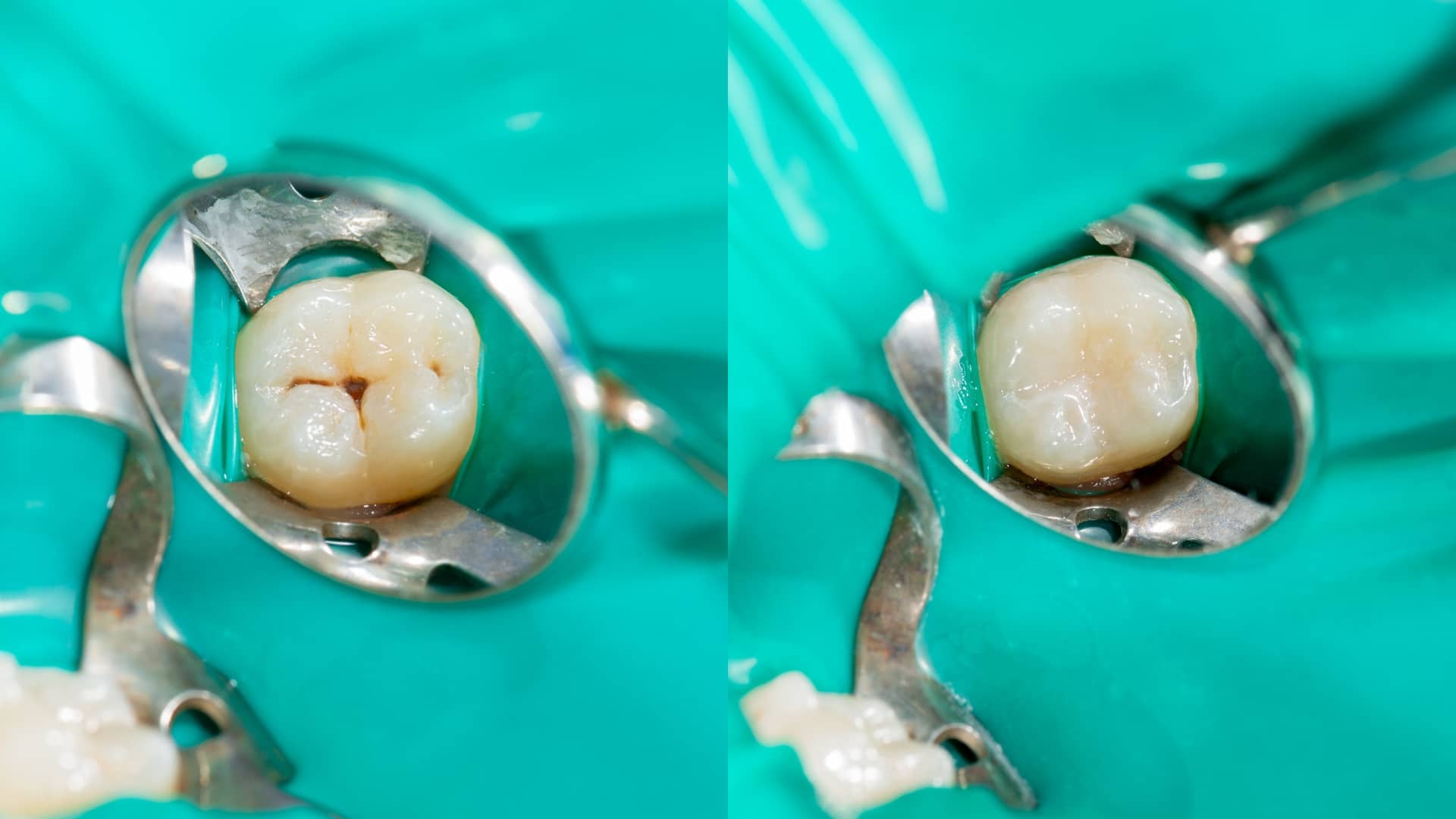
Dental Fillings
Dental fillings Cosmetic dental fillings refer to fillings that are used to improve the appearance of teeth, in addition to restoring function and preventing further

Dental veneers are thin, custom-made shells that are designed to cover the front surface of teeth. They are typically made of porcelain or composite resin and are used to improve the appearance of teeth that are discolored, chipped, misaligned, or have gaps between them. They are bonded to the front of the teeth and can change the shape, size, and color of the teeth.
They are often done for cosmetic reasons, to improve the appearance of one’s teeth. Some common reasons for getting them include:
It’s important to note that dental veneers are a cosmetic procedure, and not always necessary for the teeth to function properly. It’s important to discuss with your dentist if they are the best option for you and your specific needs.
Before proceeding, there are a few things to consider:
They are considered as a cosmetic procedure and are not typically covered by insurance. The cost can vary depending on the type of veneers and the number of teeth being treated. Be sure to discuss the cost with your dentist and get an estimate before proceeding.
Some tooth preparation is require before they can be applied. This may involve removing a small amount of tooth enamel to make room for the veneer. This is a irreversible procedure, so it’s important to understand what will be involved before proceeding.
Regular maintenance and care is needed just like natural teeth. This includes regular dental check-ups, brushing and flossing, and avoiding foods and habits that can stain or damage the veneers.
It is considered as a permanent procedure, but they can last anywhere from 7-15 years depending on the type and care. They may need to be replaced over time.
There are many other options for improving the appearance of teeth. Before proceeding, be sure to discuss other options such as teeth whitening, braces, or dental bonding with your dentist to find the best solution for your specific needs.
It’s important to have a consultation with your dentist before proceeding, to discuss the procedure, the expectations, and to evaluate if you are a good candidate for dental veneers.
Here is a general overview of the tooth extraction process:
During the initial consultation, your dentist will examine your teeth and discuss your goals for the procedure. They will also take X-rays and make impressions of your teeth to create a model for the veneers.
Before the veneers can be applied, a small amount of tooth enamel will need to be removed to make room for the veneer. This is an irreversible procedure.
Your dentist will take impressions of your teeth, which will be used to create custom-made veneers.
If you require multiple veneers or your veneers are being sent to a lab to be created, temporary veneers will be placed to protect your teeth while you wait for the final veneers.
When the veneers are ready, your dentist will apply a special dental cement to the back of each veneer and place them on your teeth. A curing light will be used to harden the cement and bond the veneer to your tooth.
After the veneers are in place, your dentist will make any final adjustments to ensure a proper fit and bite.
You will be scheduled for a follow-up visit to check on the progress and to check the fit and bite of the veneers.
The entire procedure typically takes two or three appointments over the course of several weeks. Recovery time is minimal, but you may experience sensitivity to hot and cold temperatures for a few days after the procedure. Your dentist will provide you with instructions for caring for your veneers and will schedule regular check-ups to ensure they continue to look and function well.

Dental fillings Cosmetic dental fillings refer to fillings that are used to improve the appearance of teeth, in addition to restoring function and preventing further

Dental Extraction Dental extraction is a procedure in which a tooth is removed from the mouth. Extractions may be necessary for a variety of reasons,

Dental care Dental care refers to the maintenance and treatment of teeth and gums to prevent oral diseases and keep them in good health. This

Paediatric dental care Primary teeth, also known as baby teeth, play an important role in a child’s overall health and development. They help children learn

Dental bleaching Dental bleaching, also known as teeth whitening, is a common procedure that helps to lighten the color of your teeth and remove stains
For further information and to book your appointment
Al Itqan Dental Clinic © 2024. All rights reserved